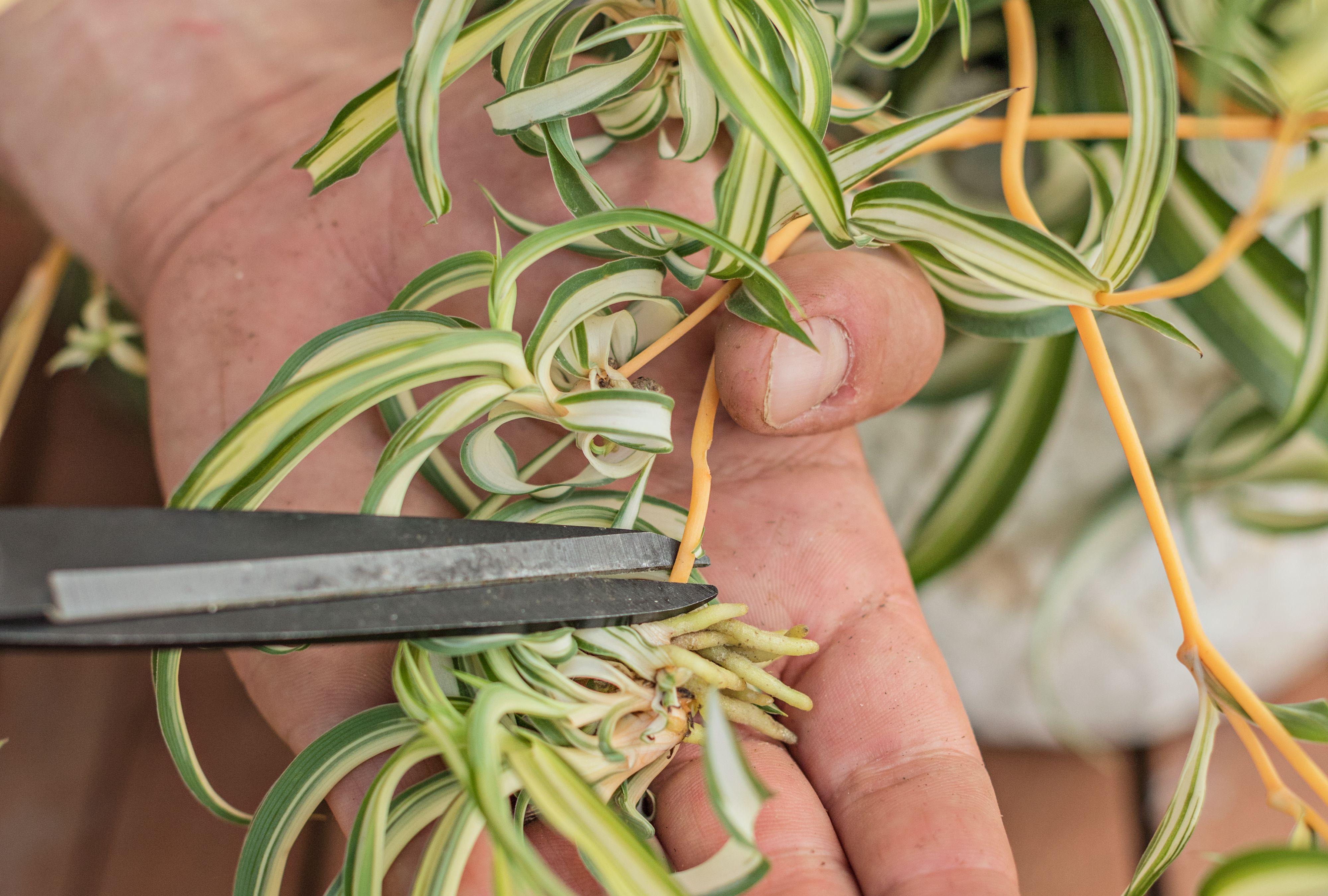Key Takeaways
- Proplifting is the act of taking discarded plant material from shops to create new plants.
- The practice is only considered ethical and legal when it involves discarded plant material.
- Always ask permission from the business owner before you proplift.
The plant world has a controversial new buzz word: "Proplifting." A combination of “propagate” and “shoplifting," the term describes the practice of collecting discarded plant parts from stores, nurseries, and public spaces and propagating them to grow new plants. Fans of the practice—like the nearly 300,000 members on a proplifting Reddit forum—say making new plants out of pieces that would otherwise go in the trash is a harmless form of guerilla gardening. Critics say proplifting could be considered vandalism or even theft.
Here’s what to know to be a respectful and resourceful plant propagator, not a thief.
1. Only Take Pieces That Are Not Attached to the Plant
Proplifting’s fundamental rule is to only collect stems, leaves, or plant parts that are already broken off the parent plant and fallen on the floor, on the shelf, or a discard area. The idea is to rescue plant pieces that are going to be swept up and thrown away.
2. No Cutting or Damaging Plants That Are For Sale
Breaking off pieces from intact plants that are for sale is a big no-no. You're not only damaging merchandise—you're committing theft.
3. Ask Permission
Before taking a fallen plant piece in a store, ask an employee or the store manager. Similarly, don’t take plant pieces from public parks, botanical gardens, private parks, or other landscaped places without explicit permission. This includes plants in offices, waiting rooms, or restaurants.
4. Take a Tiny Piece
If, say, the coffeeshop you frequent has a spider plant full of babies, they may be willing to let you take a piece. But again, ask the manager. And if they give you permission to take a piece, don't lop off a large portion of the plant—just a tiny cutting.
Related
5. The Source Matters
Some proplifters say the practice is more acceptable in large chain stores than independent ones since they have a lot of plants and are unlikely to propagate discarded plant material. Don’t take plant pieces from indie nurseries or plant stores. These businesses are more likely to pick up those plant pieces and propagate them themselves.
6. Support the Business
Many proplifters encourage buying something from a store where you are proplifting. This is a way to support the business and keep the proplifting ethos reciprocal.
7. Understand the Legality
Proplifting exists in a gray area. Technically, plant material on the floor of a store still belongs to the store until it’s in a trash can. Once it's trash, it's anybody's to take. Some plants are protected by patents, and it’s illegal to propagate them without authorization from the owner of the plant patent. But again, always ask before you proplift.



